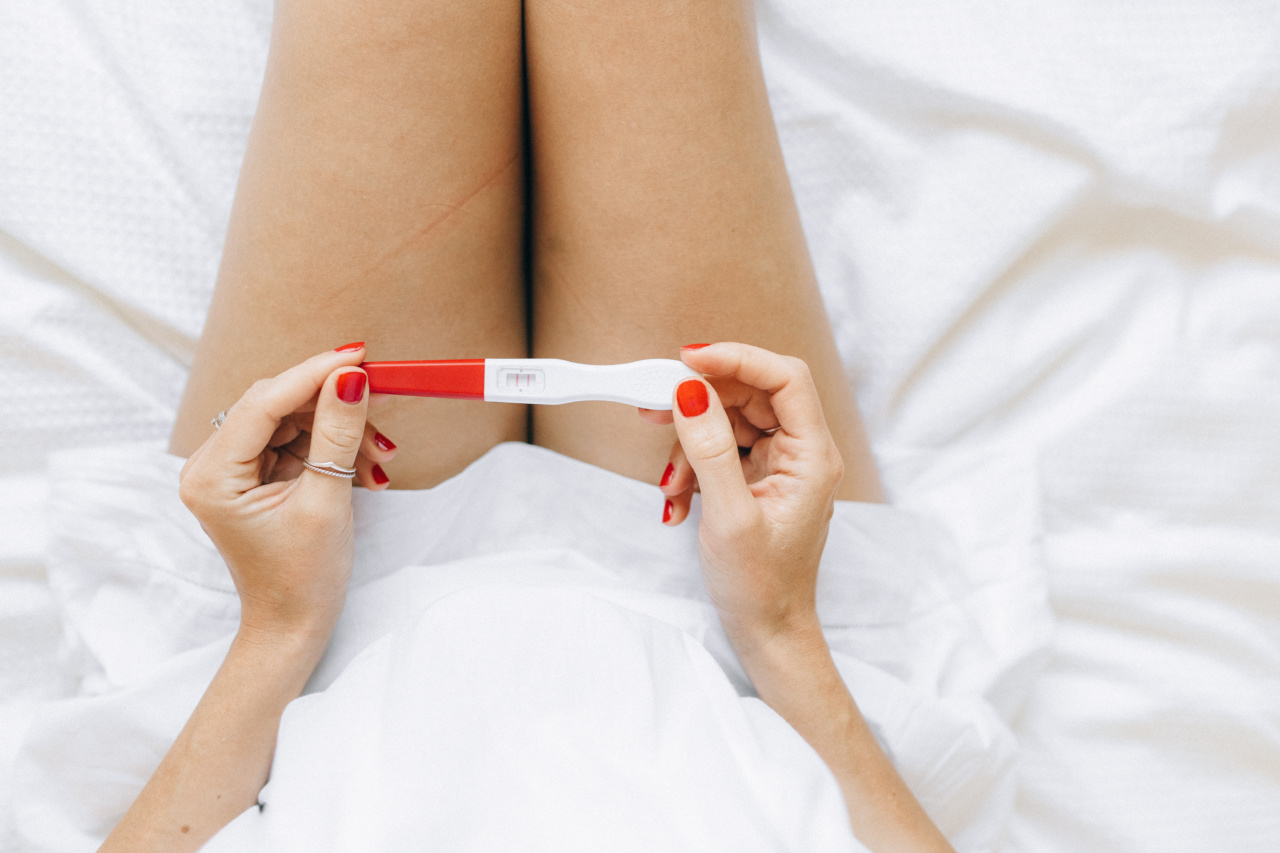One of the primary symptoms of pregnancy is swollen legs and feet. This condition is medically referred to as edema, and it is caused by the excess fluid that accumulates in the tissues of the body.
It is a common phenomenon, especially in the later stages of pregnancy, and can pose a lot of discomfort to the pregnant woman.
Causes Of Swollen Legs During Pregnancy
It is essential to understand the causes of swollen legs to take the right steps to manage the condition. Following are the primary reasons that cause swollen legs during pregnancy:.
1. Hormonal Changes
Hormonal changes that happen during pregnancy cause the blood vessels to dilate, and fluid accumulates in the tissues which lead to swelling.
2. Increased Blood Volume
Pregnancy leads to additional blood production, which helps the growth of the baby and the flow of nutrients to the placenta. This additional blood puts additional pressure on the veins, leading to edema.
3. Weight Gain
During pregnancy, women gain weight rapidly, especially in the belly and legs. As a result, additional pressure is put on the legs, which can lead to swelling.
4. Sodium Intake
High levels of sodium intake can cause the retention of water, leading to swelling. During pregnancy, it is important to avoid excessive salt consumption to manage the condition.
5. Prolonged Standing or Sitting
When a woman sits or stands for extended periods, it puts a great deal of pressure on the legs. It can cause fluids to build up in the tissues and lead to edema.
6. Poor Blood Circulation
Poor circulation is another significant cause of swollen legs in pregnant women. It can be due to underlying health conditions, such as varicose veins, blood clots, or anemia.
7. Pre-eclampsia
If swelling is associated with sudden weight gain, protein in urine, and high blood pressure in the third trimester, it could be a sign of pre-eclampsia, a severe pregnancy complication.
How to Reduce Swollen Legs While Pregnant
1. Stay Active
One way to reduce leg swelling during pregnancy is by staying active. Regular exercise can help improve blood circulation and reduce swelling. It is vital to consult with a doctor before starting an exercise regimen.
2. Maintain a Healthy Diet
Eating a balanced diet with fruits, vegetables, and protein can help manage weight gain and reduce swelling. Avoid consuming too much sodium, as it can cause fluid retention in the body.
3. Drink Plenty of Water
Drinking enough water throughout the day is essential to keep the body hydrated and reduce swelling. It helps flush out toxins and extra sodium from the body, reducing inflammation.
4. Elevate Your Legs
One of the most effective ways to reduce leg swelling is to elevate the legs. By elevating the legs above heart level, it encourages fluids to flow back to the heart and reduces swelling.
5. Massage Your Legs
Massaging the legs can help improve circulation and reduce swelling. Light pressure applied on the affected areas from the ankle to the knee for 10 to 15 minutes daily can provide relief.
6. Wear Comfortable Shoes
During pregnancy, it is essential to wear comfortable and supportive shoes, avoiding high heels and tight socks. Wearing comfortable shoes can prevent edema in the feet and legs and promote good blood flow.
7. Avoid Standing or Sitting for Prolonged Periods
Standing or sitting for extended periods can increase pressure on the legs, leading to swelling. It is recommended to take breaks frequently and walk around to improve blood circulation.
8. Rest and Relax
It is essential to ensure that there is enough rest and relaxation during pregnancy. It helps reduce stress, which can improve blood circulation and reduce swelling.
When to See a Doctor
It is essential to consult a doctor if swelling doesn’t improve with home remedies.
Swelling accompanied by sudden weight gain, headache, vomiting, or high blood pressure could be a sign of a severe problem, and immediate medical attention is required.
Conclusion
Swollen legs during pregnancy are a common occurrence, and it is caused due to a combination of factors. Home remedies like regular exercise, maintaining a healthy diet, drinking water, and elevating the legs can help reduce swelling.
It is essential to keep an eye for symptoms of severe complications like pre-eclampsia and contact a doctor in case of medical emergencies.





























